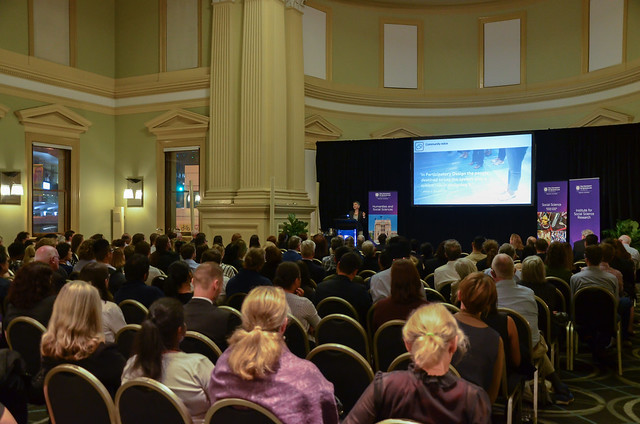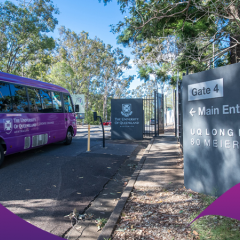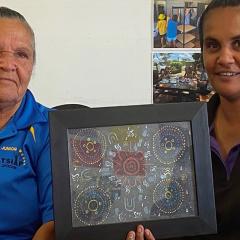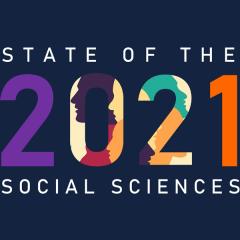University of Queensland Professor Rhema Vaithianathan has developed methods to screen child abuse calls - using machine learning tools - that are being adopted around the world.
She presented her research at the recent 2019 John Western Lecture, proudly hosted by UQ’s Institute for Social Science Research (ISSR) and School of Social Science, at Customs House on Tuesday, 10 September 2019.
Former policy analyst for the New Zealand Treasury, and Director of the Centre for Social Data Analytics at Auckland University of Technology, Professor Vaithianathan shared the predictive analytics she has applied to complex social problems in areas including child welfare, homelessness and health.
Currently positioned as Professor of Social Data and Analytics at ISSR, she is internationally recognised for implementing the Allegheny Family Screening Tool – an advanced algorithm to help call centre staff in the United States to triage child maltreatment allegations.
In her presentation Data analytics in the public sector – the tortoise or the hare? Professor Vaithianathan contrasted the largely cautious use of data analytics in the public sector with the comparatively quick (and profitable) uptake of data analytics seen in the private sector.
She told the audience that while it could seem at first glance that the private sector is leading the way with data analytics, several recent high-profile controversies contradict that idea.
“Examples like Cambridge Analytica and the COMPAS recidivism tool in the United States demonstrate what can happen when organisations embrace data analytics technology at speed without the right guardrails in place.
“We see that when it is used with no social licence, without humans at the centre, in a non-transparent way or with weak data rights, those uses can become unacceptable very quickly,” she said.
“The private sector took to AI and machine learning early and fast, seeing data as a strategic asset, whereas the public sector has tended to move slower, conscious of concerns like consent, transparency and having a ‘human in the loop’.”
Professor Vaithianathan identified six elements of a successful data analytics strategy for the public sector: agency leadership, transparency and fairness, a community voice, multi-disciplinary team, ethical review and independent evaluation.
She believes the future lies in the public sector leading the way by adopting human centred data science, and looks forward to continuing some fascinating conversations prompted by this event.
Director of ISSR Professor Mark Western said the vision of the Institute is to make a meaningful difference in people’s lives, and this is done by partnering to carry out transformational research to solve critical social challenges.
“Emerging data analytics techniques like predictive risk modelling offer new opportunities to learn from data, and improve the delivery of services and products, to consumers and citizens,” Professor Western said.
“Rhema is at the forefront of international research and implementation in this field, and her appointment is a central part of ISSR’s strategic planning to build social data science at UQ in a way that harnesses the potential of tools like machine learning and artificial intelligence to do social good.”
The John Western Memorial Lecture is held in honour of former UQ Professor of Sociology John Western AM – the first professor of sociology at UQ and Head of the Department of Anthropology and Sociology in 1970.
Download the presentation slides




